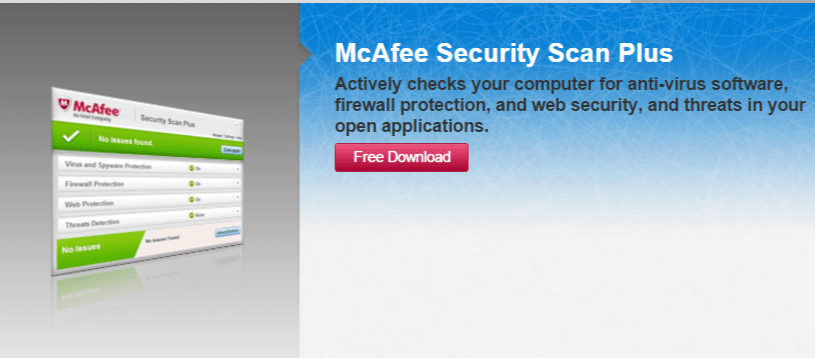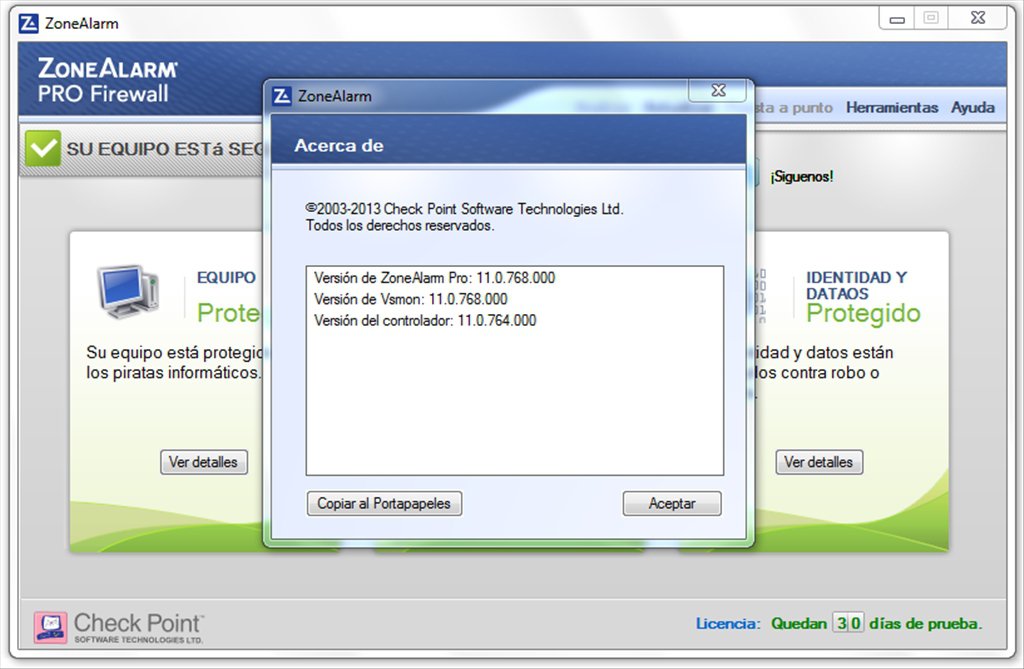
To eliminate possible malware infections, scan your computer with legitimate antivirus software. Loss of sensitive private information, monetary loss, identity theft, possible malware infections. This tech-support scam claims that the user's computer is infected with a virus and some personal data was stolen.įake error messages, fake system warnings, pop-up errors, hoax computer scan.Ĭompromised websites, rogue online pop-up ads, potentially unwanted applications. Phishing, Scam, Social Engineering, Fraud. Commonly, users who fall for such scams lose their money, have their computers infected with malware, become victims of identity theft, experience serious problems relating to online privacy and other issues. In any case, you should ignore these technical support (and other) scams.
ZONEALARM SECURITY SCAN INSTALL
By having remote access, scammers might install malware (such as ransomware or a Trojan) or steal personal information.Ĭyber criminals behind these scams often urge users to pay for software or services that will supposedly help them to fix the problem.ĭuring the payment process, they might ask users to provide credit card details. Typically, scammers seek to trick unsuspecting people into installing a remote administration tool (RAT), which allows them to take control of their computers. Some users might believe that cyber criminals behind this scam will help them to remove installed malware and protect them from identity theft, data loss and other problems. It encourages visitors not to ignore this "critical alert" and call the technical support number on +1-80. It claims that data such as Facebook and email account credentials, credit card details, photos, and documents stored on the system were also stolen.

This scam website claims that it has detected an error ("# 0xC004FC03"), pornographic spyware, and a virus on the computer. Note that this scam mentions legitimate antivirus software called ZoneAlarm, however, neither this software, nor the internet security software company that developed it, has anything to do with this scam. In any case, such scams should never be trusted. They might also ask people to grant remote access to their computers.

Typically, scammers behind these deceptive websites seek to extort money from users by deceiving them into paying for remote "support services" software.

Its main purpose is to trick unsuspecting people into calling scammers via the provided telephone number. Like most technical support scams, this one claims that the user's personal, sensitive information is stolen and the computer is infected with malware.


 0 kommentar(er)
0 kommentar(er)
